Former President of the Nigerian Stock Exchange (NSE), Mr Goodie Ibru has joined voices with those calling for an end of fuel subsidy regime in Nigeria.
Mr Ibru who has also been a president of the Lagos Chamber of Commerce and Industry (LCCI), advised the Federal Government to divert the fund into subsidizing education and health care in the country to create more enduring impact in the lives of the citizens.
Ibru made the call while delivering 2022 Distinguished Personality Lecture Series of Lagos State University, Ojo on Thursday.
Join our WhatsApp Channel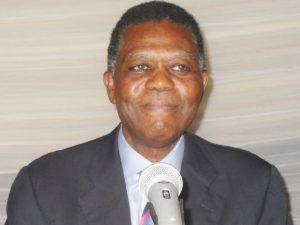
Discussing the topic of the lecture titled, “Imperatives of a 21st Century Nigerian Economy: An Entrepreneur’s Perspective,” Ibru pointed out that so much is being spent on petroleum subsidy from the government’s slim resources, hence the need to remove it and put such funds into education and health which according to him, would make every Nigerian to be better positioned to compete well in the global market place of opportunities.
His words, “The cost of petrol subsidy is enormous and incalculable. The Federal Government in November last year estimated that it will cost N1.8 trillion in 2021(about $4.32 billion). At an average of N150 billion, that roughly approximates the annual budget of 12 state governments combined.
“To buttress this point, the total sum of the 2022 budgets of the six North Central states of Niger, Kwara, Kogi, Benue, Plateau, and Nasarawa is N908.7 billion, while the average for the six states is N151.45 billion. The total FG budget for the health sector in 2019 was N1.191 trillion and the total budget proposed for road and housing in the 2022 Appropriation Bill was N481.96 billion.”
Observing that fuel subsidy expenditure keep increasing every year and does not benefit the ordinary citizens, the renowned business mogul added thus, “In 2022, the FG plans to spend about N3,000 ($7) per person for health, while the cost of petrol subsidy for next year could reach N13,000 ($32) per person. Not only is the petrol subsidy costly, but it mainly benefit richer households.
“As at January 3, 2022 in Nigeria, the price of Octane-95 gasoline is N167.6 per litre. For comparison, the average price of gasoline in the world for this period is N503.05, Nigeria has the seventh lowest pump price of petrol in the world. The prices range from N10.319 in Venezuela to N1,079.273 in Hong Kong,” Ibru stated.
The call is coming as the government is muting concerns for subsidy removal as it has continuously lamented huge spending on subsidy on monthly basis.
READ ALSO: Subsidy: Presidency Denies Report On Fuel Price Increment To N302
Ibru identified the major problems that beset the Nigeria’s economy to include: heavy dependence on crude oil sales as source of revenue, scarcity of foreign exchange earnings due to low production in non-oil sectors, insecurity and among others.
Looking at the challenge of unemployment which is rising everyday in the country, Ibru charged the youths to be more creative in exploiting technology of the 21st century to create jobs for themselves, rather than waiting for white-collar jobs which no longer exist.
He called on tertiary institutions in the Nigeria to be more proactive in designing courses that impart vital skills on students to enable them become self reliant when they graduate.
On her part, the Vice Chancellor of the university, Prof. Ibiyemi Olatunji-Bello, while speaking on the importance of entrepreneurship, described entrepreneurs as the engine room of a nation’s economy, as they help in creating wealth.
“Entrepreneurs add to national income. Entrepreneurial ventures help generate new wealth. Existing businesses may remain confined to existing markets and may hit a limit in terms of income. New and improved products, services or technology from entrepreneurs enable new markets to be developed and new wealth created. It is a crucial developmental cycle,” Prof. Olatunji-Bello stated.
Victor Ezeja is a passionate journalist with seven years of experience writing on economy, politics and energy. He holds a Master's degree in Mass Communication.

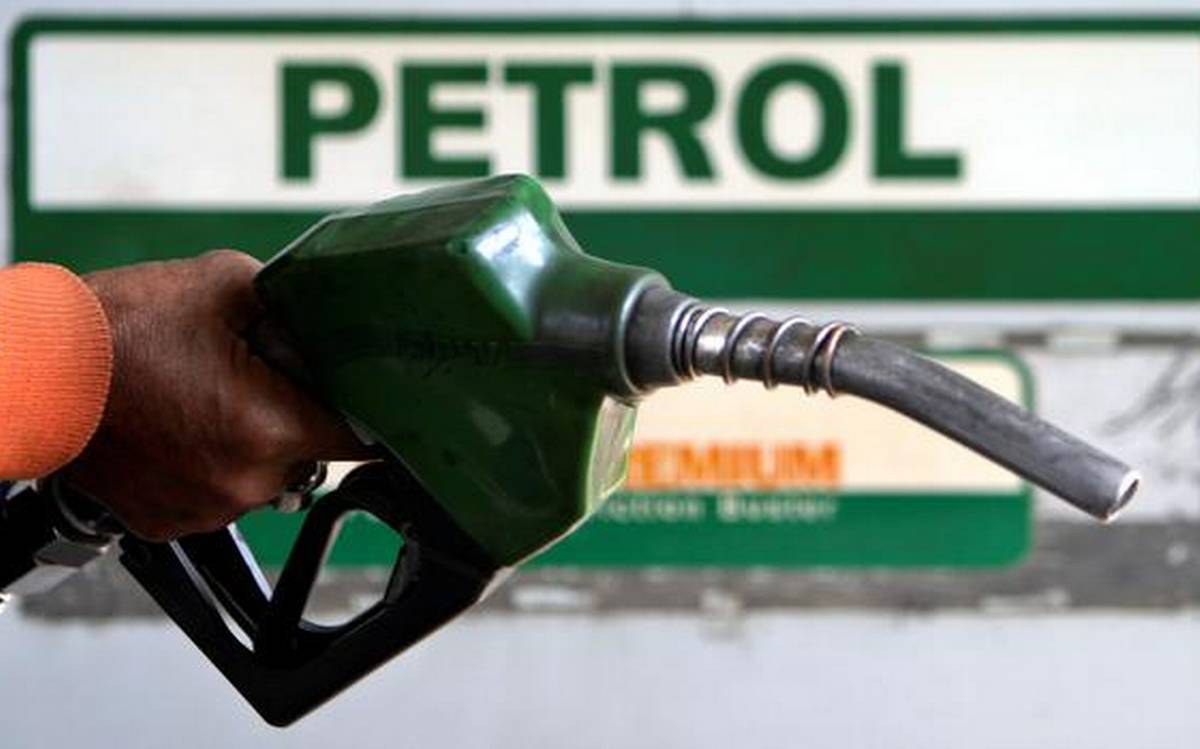



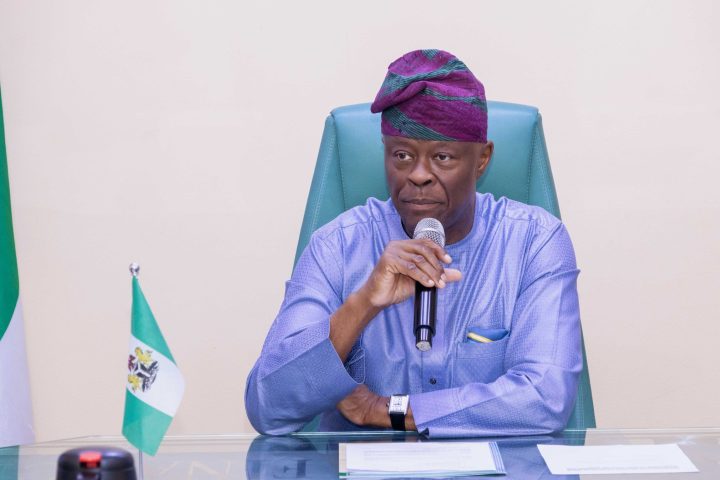
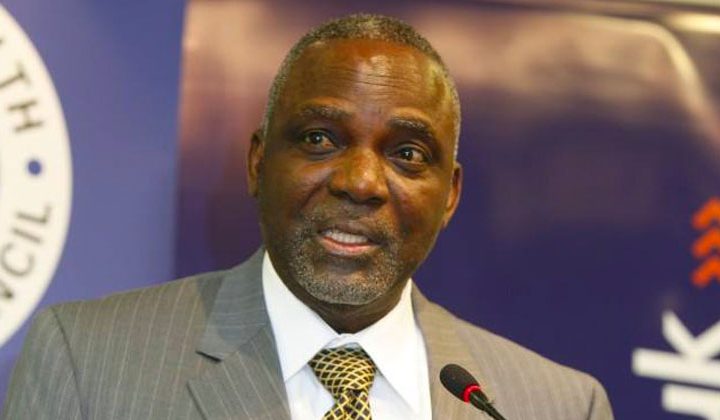







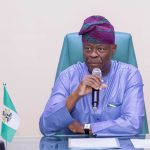

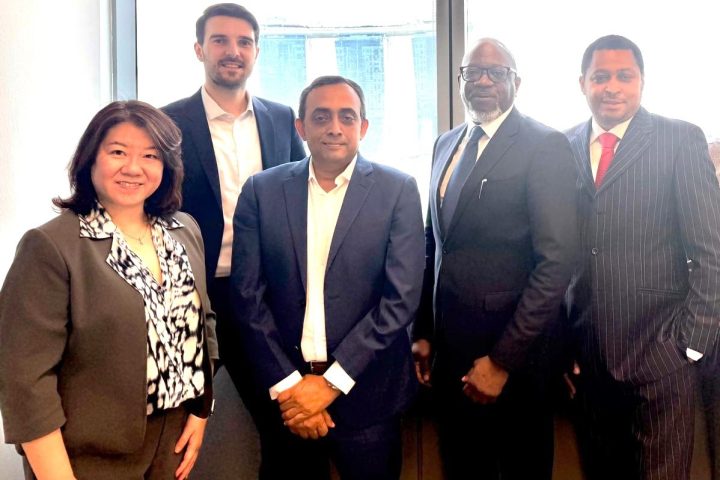
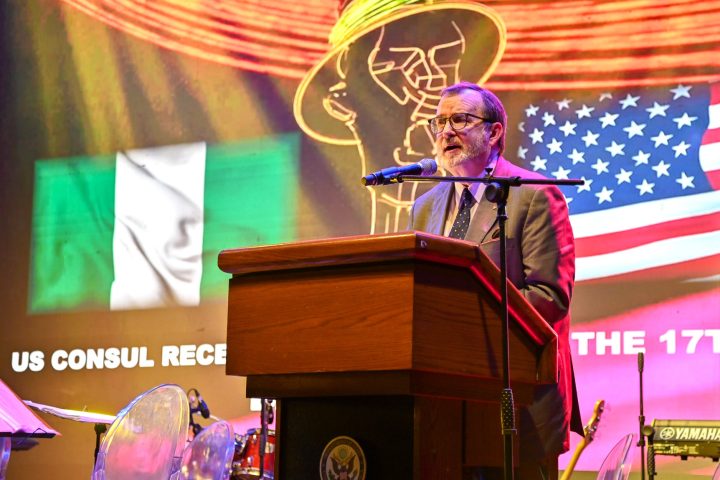

Follow Us